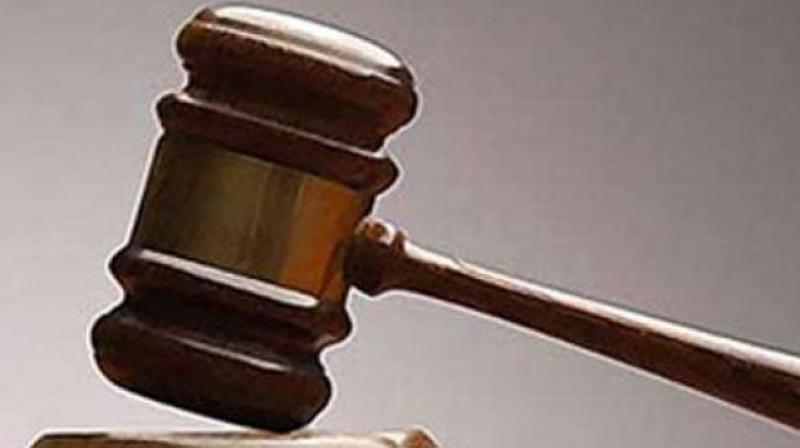US Supreme Court says racist jurors can invalidate verdict

Washington: The US Supreme Court ruled on Monday that a conviction can be thrown out if a juror is deemed to show racial bias during the deliberations over the verdict.
The eight-member high court ruled 5-3 in favour of removing part of the long-held sacrosanct privacy of jury discussions.
In cases where a juror makes remarks showing racial or ethnic bias, the Supreme Court said that had to be taken into account as threatening a defendant's right to a fair and impartial jury.
The justices addressed the case of a Hispanic man, Miguel Angel Pena-Rodriguez, who was charged in 2007 with attempted sexual assault of two teenage girls at a racetrack in Denver, Colorado.
The 12-person jury, which had pledged to base their decision solely on the facts of the case, finally concluded that Pena-Rodrigues was guilty of a less serious crime. He was given a two-year probation.
In principle, what jurors say behind closed doors during deliberations is meant to remain private. Those discussions are not supposed to raise questions about the verdict.
But two of the jurors were shocked by the remarks of a fellow panellist, a former policeman, and reported them to Pena-Rodriguez's lawyer.
"I think he did it because he's Mexican, and Mexican men take whatever they want," they reported him as saying.
The defendant's lawyer sought a retrial, but the motion was rejected and the case sent into the appeals process.
The Supreme Court took up the case in October. At issue was whether the constitutional right to a fair trial should take precedence over secret jury deliberations.
"Racial bias implicates unique historical, constitutional and institutional concerns," Justice Anthony Kennedy, a moderate conservative, wrote in the majority opinion.
"An effort to address the gravest and serious statements of racial bias is not an effort to perfect the jury but to ensure that our legal system remains capable of coming ever closer to the promise of equal treatment under the law that is so central to a functioning democracy."
In their dissenting opinion, the three most conservative justices of the high court raised alarm over the impact on jury privacy.
"Today, with the admirable intention of providing justice for one criminal defendant, the court not only pries open the door; it rules that respecting the privacy of the jury room, as our legal system has done for centuries, violates the Constitution," they wrote.

